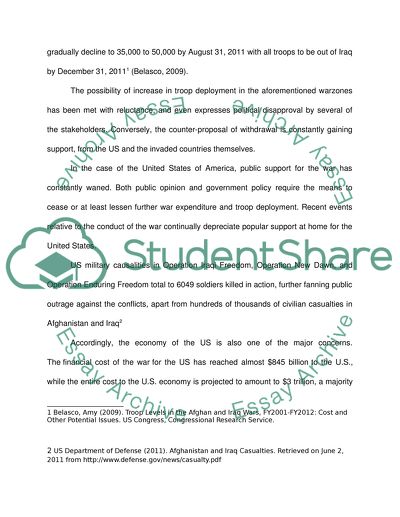Cite this document
(“Policy argument Essay Example | Topics and Well Written Essays - 1250 words”, n.d.)
Retrieved from https://studentshare.org/environmental-studies/1424344-policy-argument
Retrieved from https://studentshare.org/environmental-studies/1424344-policy-argument
(Policy Argument Essay Example | Topics and Well Written Essays - 1250 Words)
https://studentshare.org/environmental-studies/1424344-policy-argument.
https://studentshare.org/environmental-studies/1424344-policy-argument.
“Policy Argument Essay Example | Topics and Well Written Essays - 1250 Words”, n.d. https://studentshare.org/environmental-studies/1424344-policy-argument.


